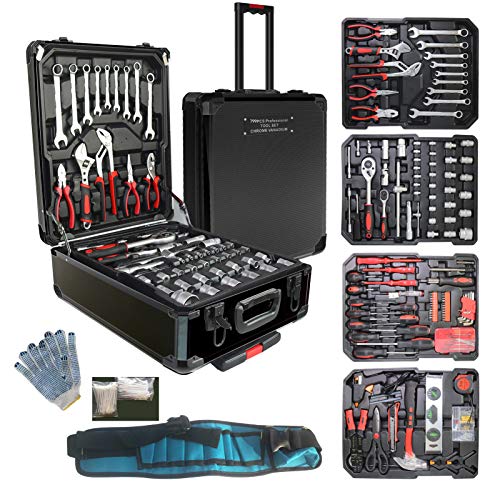AussieGrant
Member
- Joined
- Apr 21, 2012
- Messages
- 10
- Reaction score
- 0
I'm planning to buy a used van for my trip to the States.
I live in the Australian hot tropics, so I expect to be using van heating (more than most) on parts of my trip...
I intend to spend more time camping in your 'Bush/Remote/National Park' locations.
What is the 'cheapest to run' and practical heating option to look for in RV's?
Thanks & Cheers
Grant
I live in the Australian hot tropics, so I expect to be using van heating (more than most) on parts of my trip...
I intend to spend more time camping in your 'Bush/Remote/National Park' locations.
What is the 'cheapest to run' and practical heating option to look for in RV's?
Thanks & Cheers
Grant










































































